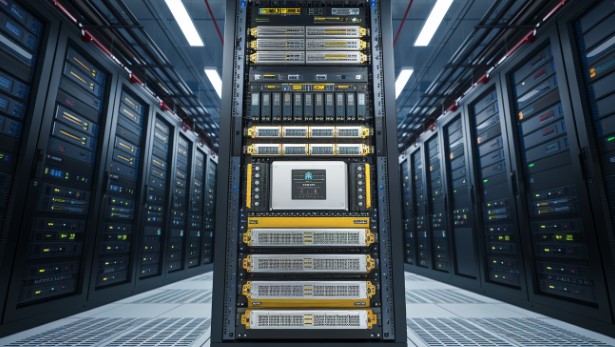What is a fully managed dedicated server?

Fully managed dedicated server hosting represents a comprehensive service solution that combines high-performance hardware with expert management and support. This hosting model delivers complete infrastructure oversight, allowing organizations to focus on their core business operations while technical experts handle server maintenance and optimization.
Core Components of Managed Server Solutions
A fully managed dedicated server encompasses multiple service layers designed to ensure optimal performance and reliability. The infrastructure includes enterprise-grade hardware, advanced networking capabilities, and comprehensive management tools. Technical experts oversee every aspect of server operations, from initial configuration to ongoing maintenance and upgrades.
Professional Management Services
The management component includes proactive system monitoring, regular maintenance, and rapid response to technical issues. Experienced administrators handle operating system updates, security patches, and performance optimization. This comprehensive approach ensures consistent server operation while minimizing potential downtime and technical complications.
- 24/7 infrastructure monitoring
- System optimization and tuning
- Regular backup management
- Security update implementation
- Performance analytics and reporting
Technical Support Framework
Professional support teams provide round-the-clock assistance through multiple channels. Technical experts offer rapid response to inquiries, proactive issue resolution, and detailed guidance for complex configurations. This support structure ensures businesses receive timely assistance for any server-related concerns.
Security Management Infrastructure
Advanced security measures form a crucial component of fully managed services. Protection systems include multi-layer firewalls, intrusion detection, regular security audits, and vulnerability assessments. Security experts actively monitor threats and implement protective measures to safeguard server environments against emerging risks.
- DDoS protection systems
- Advanced firewall configuration
- Regular security assessments
- Malware prevention and removal
- Access control management
Performance Optimization Services
Server performance receives continuous attention through sophisticated monitoring and optimization processes. Technical teams analyze system metrics, adjust configurations, and implement improvements to maintain peak efficiency. This proactive approach helps prevent performance degradation and ensures consistent service delivery.
Backup and Recovery Systems
Comprehensive data protection forms an integral part of managed server solutions. Advanced backup systems perform regular data snapshots, while recovery protocols ensure quick restoration capabilities. Technical teams maintain and verify backup integrity, implement retention policies, and conduct recovery testing to ensure data safety.
Network Infrastructure Management
Network optimization and maintenance ensure reliable connectivity and optimal data transmission. Managed services include bandwidth monitoring, traffic optimization, and network security management. Technical teams implement advanced routing configurations and maintain high-availability network architectures to support business operations.
Operating System Administration
Professional system administrators handle all aspects of operating system management. This includes configuration optimization, patch management, and version upgrades. Regular maintenance ensures system stability while implementing necessary improvements to maintain security and performance standards.
- System update management
- Performance tuning
- Resource allocation
- Service optimization
- Configuration management
Application Layer Support
Managed services extend to application-level support, ensuring optimal software performance. Technical teams assist with application deployment, configuration, and optimization. This comprehensive support helps maintain application stability and efficiency across the hosting environment.
Monitoring and Reporting Systems
Advanced monitoring tools provide detailed insights into server performance and operational metrics. Regular reporting helps identify trends, potential issues, and optimization opportunities. Technical teams analyze these insights to implement proactive improvements and maintain optimal service levels.
- Resource utilization tracking
- Performance metric analysis
- Availability monitoring
- Capacity planning
- Trend analysis reporting
Scalability Management
Managed services include strategic planning for growth and resource scaling. Technical teams assess capacity requirements, implement infrastructure improvements, and manage resource allocation to support business expansion. This forward-thinking approach ensures hosting solutions evolve with organizational needs.
Compliance and Standards
Managed services maintain alignment with industry standards and compliance requirements. Technical teams implement necessary controls, conduct regular audits, and maintain documentation to support regulatory compliance. This comprehensive approach helps organizations meet their compliance obligations effectively.
Business Benefits
Fully managed dedicated servers deliver significant advantages for organizations. The comprehensive service model reduces technical overhead, improves operational reliability, and provides access to specialized expertise. This allows businesses to focus on core objectives while maintaining confidence in their hosting infrastructure.
Conclusion
Fully managed dedicated server hosting represents a sophisticated solution combining advanced infrastructure with comprehensive technical management. This service model delivers the expertise, support, and reliability organizations need to maintain optimal hosting operations while focusing on their core business objectives.

